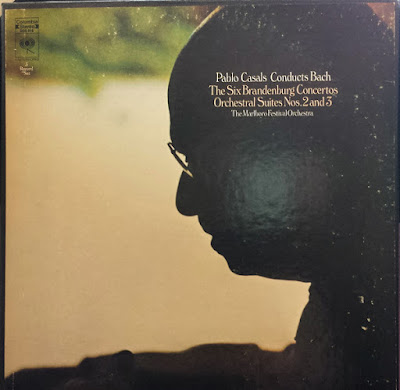As a kid (around 10-years old) I had the first Byrds album with "Mr. Tambourine Man" which was a huge radio hit in the Los Angeles area. I liked it, but I never loved the record or song. Still, the presence of the 12-string lead guitar and the perfect harmonies of the band was and still is appealing to my ears. I never took to the band full-on, and I think it's due to my prejudice against David Crosby. I never liked his hair or his fashion sense. Even to this day, I have a problem with him on the cover of this compilation. His cape really bugs me. The others in the band had a nice style, but Crosby seems to have the annoying talent of standing out. In a sense like Brian Jones, but David is not Brian. I tried to like him, and his songs. And at times, I can bear his work, but his strength is within the Byrds format. When he's singing vocals with Gene Clark or Jim (Roger) McGuinn it is really something of great beauty. When he sings with Stills and Nash, I find his vocals really irritating. Like a shadow-boxer, I come in and out of The Byrds world but never fall into the thought of their greatness. Until hearing this compilation.
This is a collection of singles from 1965 to 1967, all Mono. In that singular format (both single and mono) is where their great strength lies. I'm not a tech-head in the sense I can tell a difference between album cut and these recordings, but they all sound puncher and oddly enough more texture in sound. Both A and B sides are here, and it tells a tale of the band at its best. After Crosby and Gene Clark left the band, I stopped listening to them. I know there are fans of the later recordings, but at this time, I haven't investigated those albums/songs. What I like about these recordings is the harshness of McGuinn's guitar against the sweet vocals that bring up the tension. Noise/sweetness for me is a perfect cocktail, and the early Byrds captures that sense of fragile beauty very well. Also, the excellent presence of Gene Clark, who is really the 'star' of the band, is quite magnificent in those years. A superb collection and I think this would be the perfect introduction to The Byrds. More so than their individual albums.

















